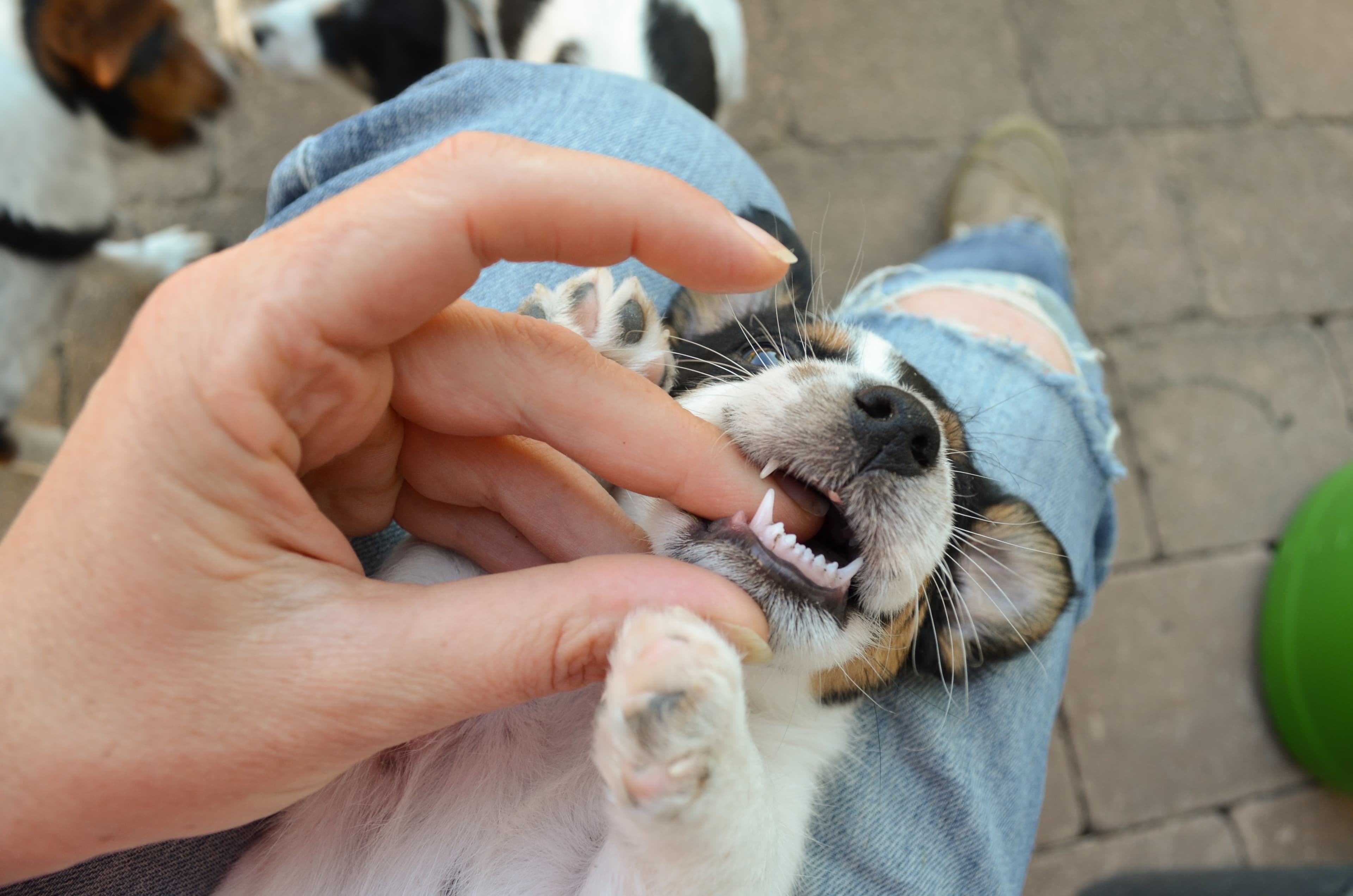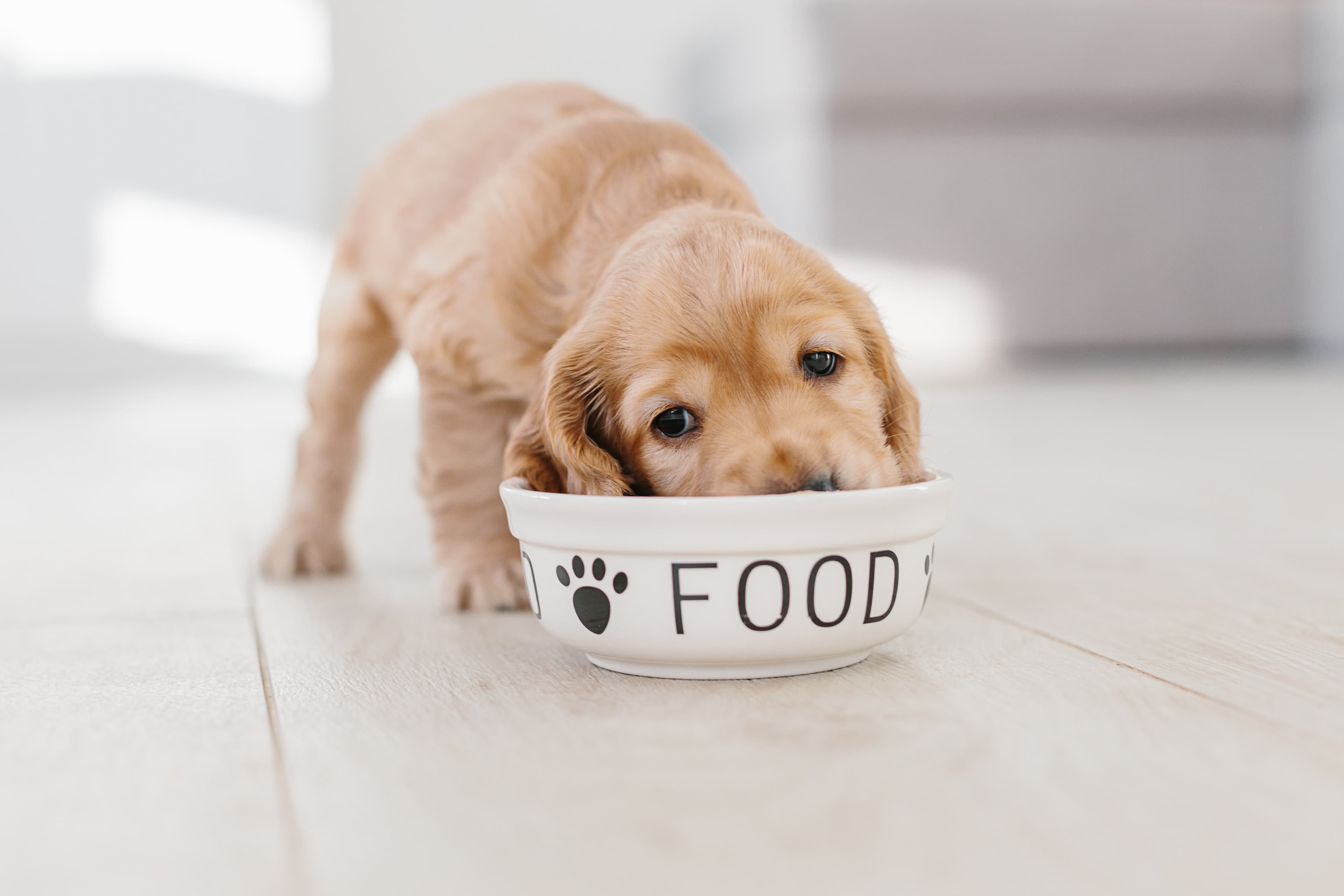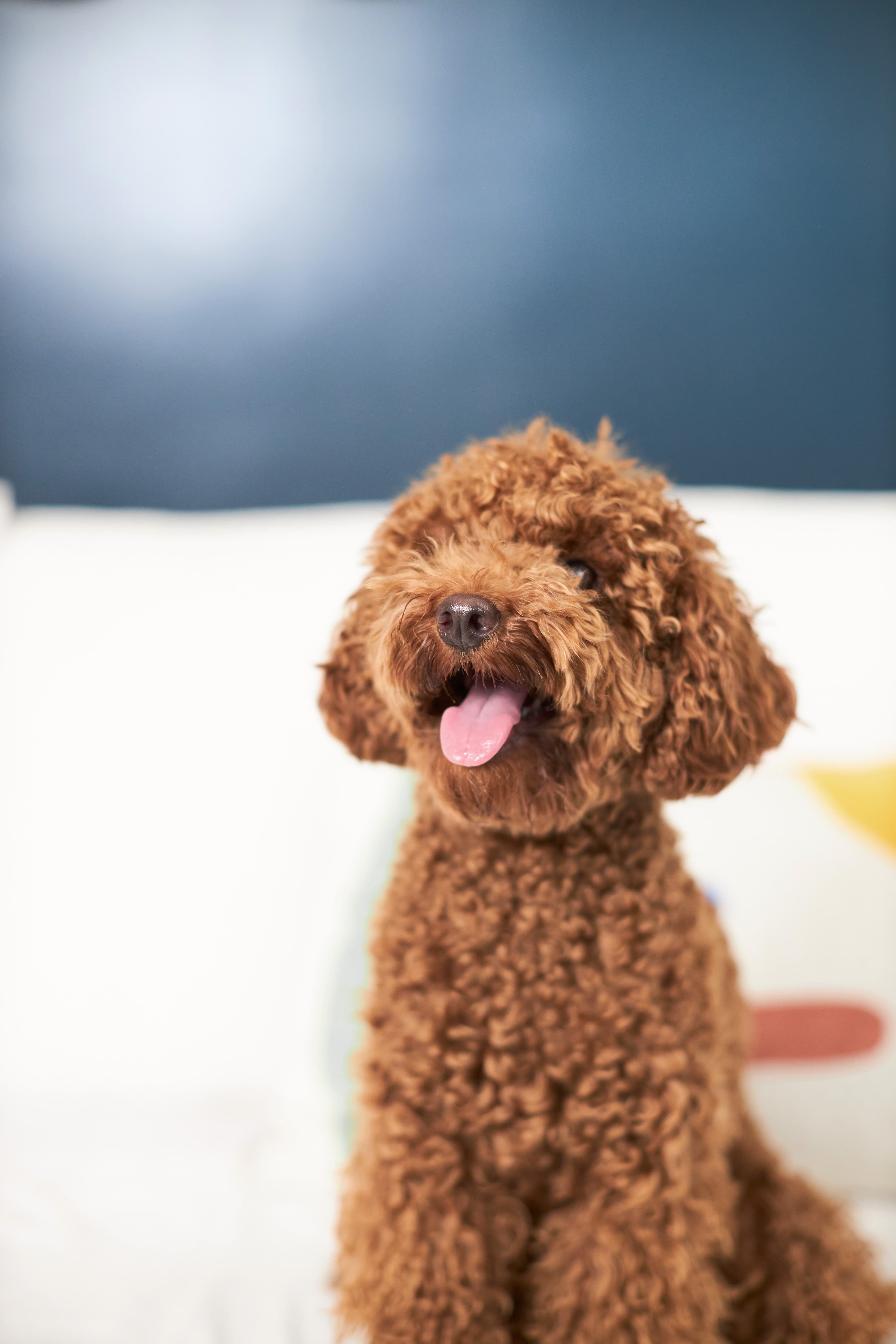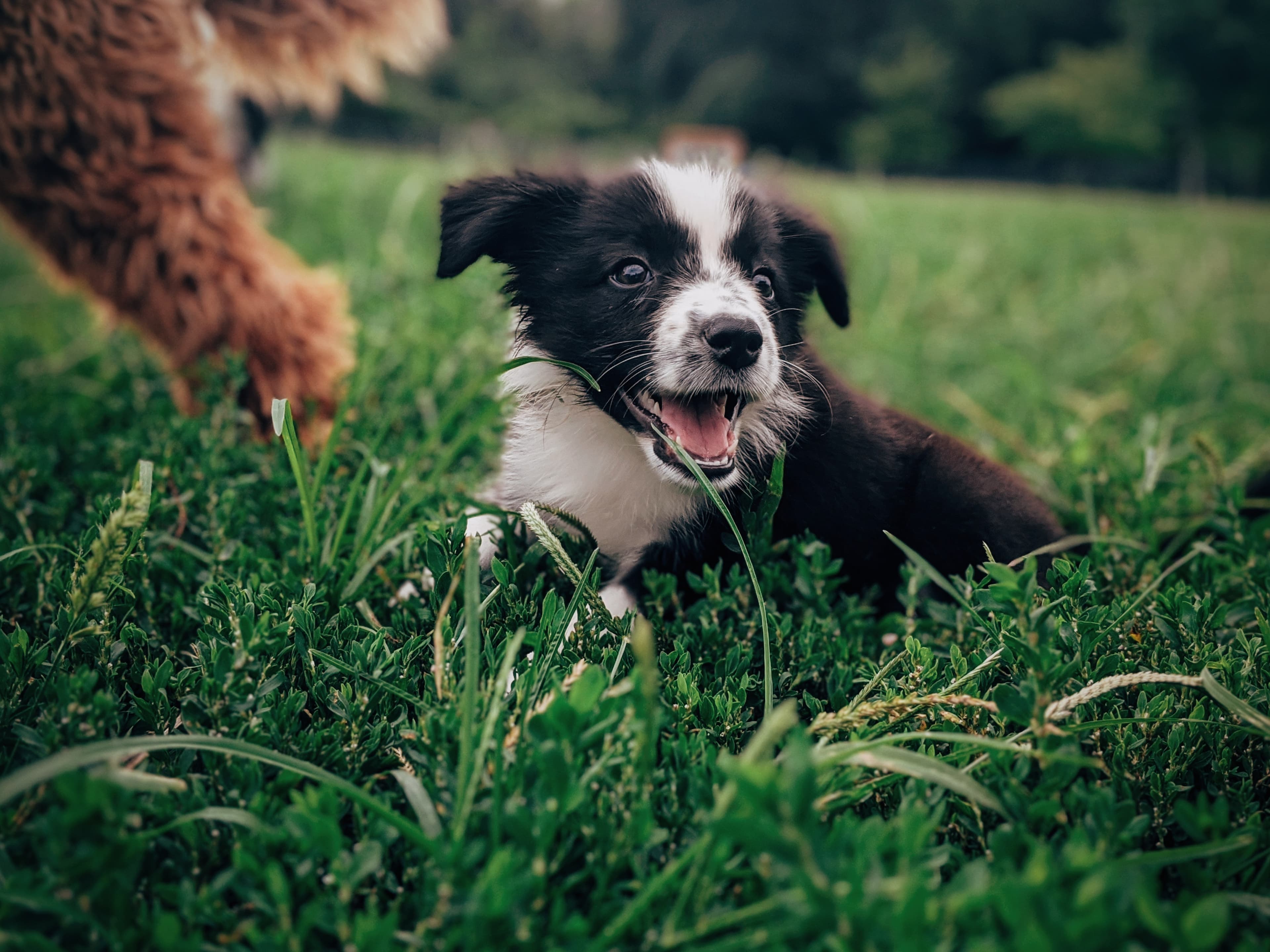Puppy teeth: Milk teeth and when they change
Puppies, much like human babies, start life without teeth. Their tooth development typically begins around 3 weeks old, with milk teeth eventually being replaced by adult teeth. This transition can be a bit confusing for both puppy and owner.
When do puppies get their milk teeth?
Puppies are born toothless, which makes nursing easier and less painful for both mum and pup. Around 3 weeks of age, this changes as their first set of teeth, the milk teeth, start to come through.
This development isn't instantaneous; the timing and order can vary. However, the sharp canine teeth (fangs) in the upper jaw usually appear first. By the time a puppy is ready to move to its new home, it should have a full set of 28 milk teeth – 14 top and 14 bottom.
When do puppies lose their milk teeth?
After the milk teeth have emerged, they'll eventually be replaced by permanent adult teeth, just like in children. These adult teeth are larger and more numerous – 28 milk teeth will eventually make way for 42 adult teeth. This process usually starts between 3-5 months of age and can take around 2 months to complete. So, by about 6 months old, your puppy should have its full set of 42 adult teeth.
If you find a lost milk tooth but can't find the tooth itself, don't worry – your puppy has likely swallowed it. This is usually harmless and happens without them even noticing. It's also normal for a puppy's breath to smell a bit off during this time; there's no need to be concerned.
Puppy behaviour during teething
As your puppy transitions from sharp milk teeth to stronger adult ones, you might notice a change in behaviour. While puppies naturally chew a lot, you may see an increase during teething. This is because their gums can get very itchy and uncomfortable, sometimes even painful. Their mouths might feel sore and sensitive, making extra chewing perfectly natural.
To manage this urge and prevent your puppy from chewing on furniture, shoes, or anything else they shouldn't, provide plenty of satisfying chew toys. This redirection will hopefully save your belongings and help soothe your puppy's sore gums.






